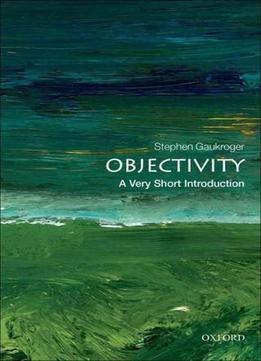Certain philosophers, most notably Giambattista Vico (1668-1744) and Wilhelm Dilthey (1833-1911), have argued that the natural sciences and the human sciences are quite distinct in this respect. In particular, while it might be appropriate to ‘stand back’ from phenomena in the natural sciences to achieve objectivity, this is inappropriate in the case of the human sciences, where we are dealing not with an objectified realm, but with human beings who have intentional states, emotions, the ability to exercise judgement, and so on. These are attributes that they share with the investigator, and which the investigator is therefore in a position to interpret and of which he or she can make sense. This is something quite different from what we do in the natural sciences. On this view, to take the functionalist road would be to treat the rain dance as if it were on a par with a natural, non-intentional phenomenon. It would thus fail to appreciate the nature of the phenomenon under investigation. In other words, what is being argued is that the physical sciences have been taken to provide a model of objectivity per se, something that can simply be exported to any other area of study.
Objectivity: A Very Short Introduction / Stephen Gaukroger

-
Pingback: Objectivity, A Double-Edged Sword – Thinking Prismatically